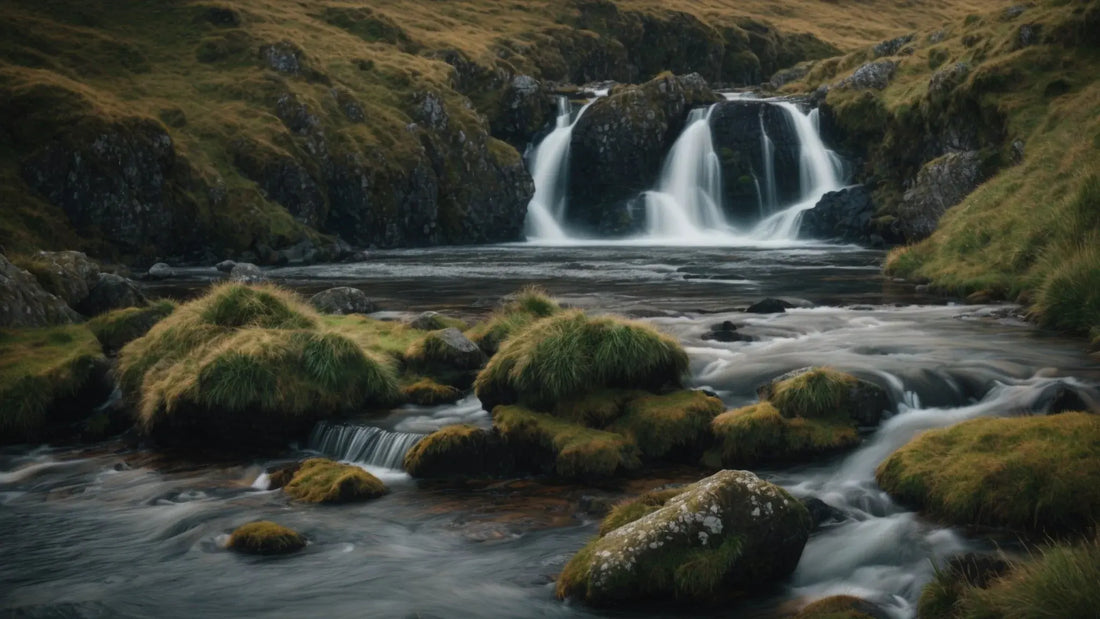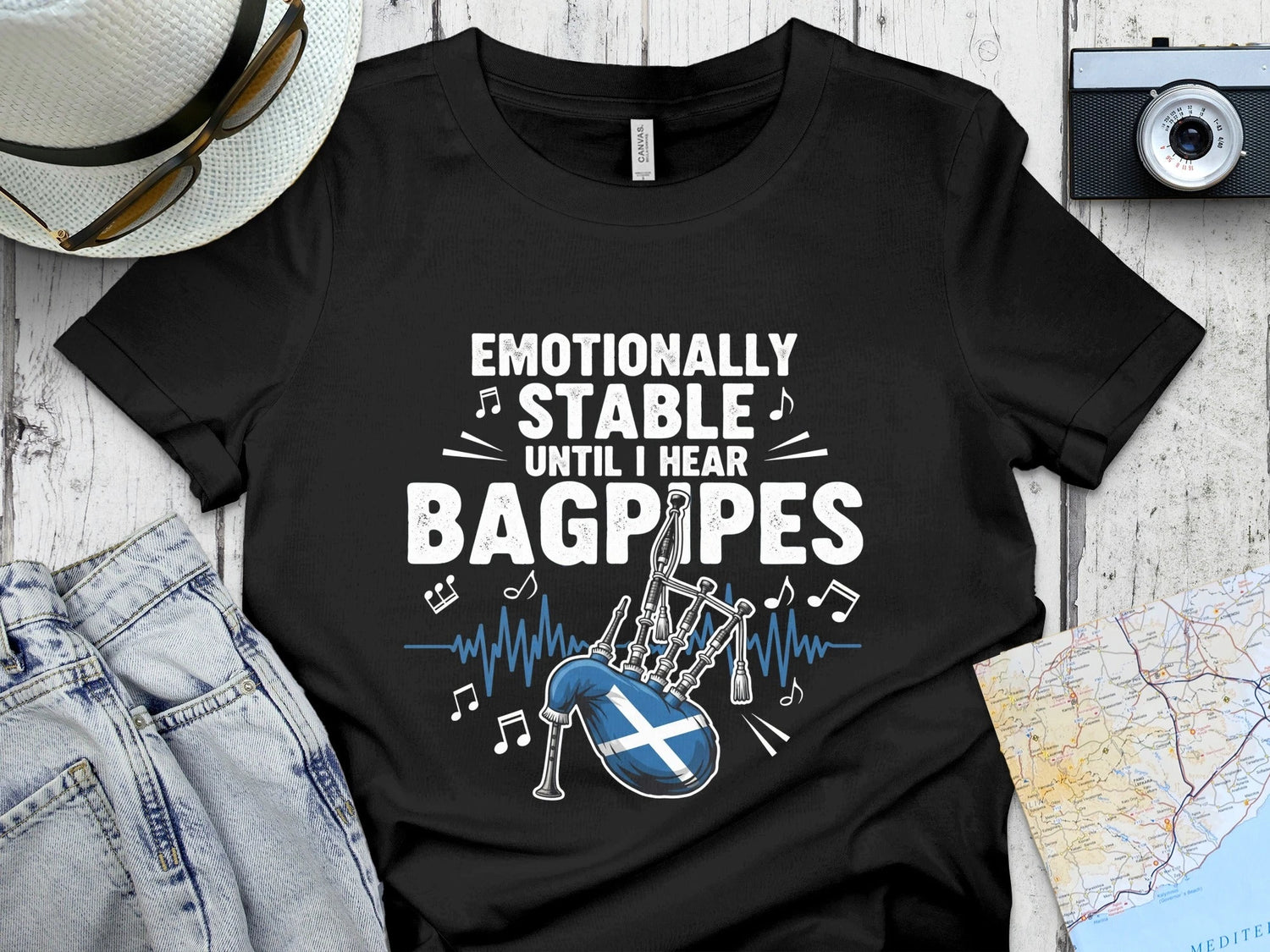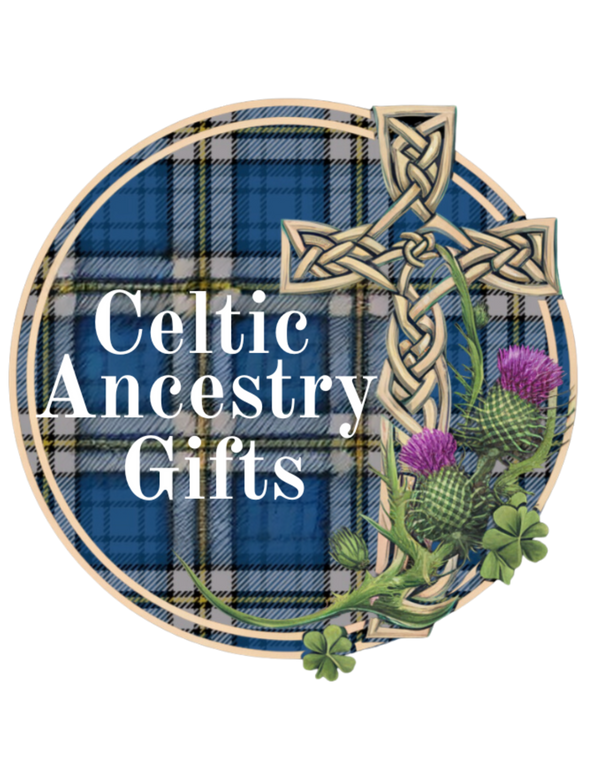
The Enduring Legacy of Clan Maclaine: A Deep Dive into History, Traditions, and Modern Presence
Share
The Ancient Roots of Clan Maclaine: A Tale of Mull and the Isles
The history of Clan Maclaine is a captivating narrative woven into the very fabric of Scotland's dramatic past, with its heart firmly planted on the mystical Isle of Mull. As a distinguished Highland clan, their lineage is intrinsically linked to the formidable Clan Donald, arguably the most powerful and influential clan in Scotland's history. The Maclaines of Lochbuie, recognized as the principal branch of the clan, trace their descent from Eoin Dubh MacGillean, a son of the legendary Gillean of the Airds. This venerable ancestor is believed to have lived during the 13th century, a period marked by the consolidation of Highland power and the complex dynamics of Gaelic society. The origins of the Maclaine name itself are Gaelic, stemming from 'Mac Gille Eathain,' meaning 'son of the servant of Saint John.' This profound ancestral connection anchors the Maclaines to the core of Scottish nobility and the turbulent eras of clan feuds, strategic alliances, and the political landscape that indelibly shaped the nation. The clan's early history is deeply intertwined with the Lords of the Isles, who held sway over the Western Isles, and the Maclaines served as key allies and vassals, participating in the political and military struggles of the era. Their strategic location on Mull provided them with significant influence over coastal trade and defense.
Navigating the Maze: Spelling Variations, Clan Connections, and Septs
The rich history of Scottish surnames is often characterized by a fascinating fluidity in spelling, and Clan Maclaine is no exception. Throughout the centuries, variations such as MacLaine, McLean, and McClain have emerged, each reflecting subtle shifts in pronunciation or scribal practices. It is important to note that while some of these variations might refer to distinct family lines, many are simply different phonetic transcriptions of the same ancestral name, particularly in historical records. Despite these differences, these spellings often denote shared ancestral lines and a common heritage originating from the Mac Gille Eathain progenitor. It is crucial to distinguish the Maclaines of Lochbuie, a distinct and prominent branch with a clear chief, from the broader McLean clan, although both branches acknowledge a shared progenitor in the legendary Gillean of the Airds. The concept of a 'sept' is vital in understanding the intricate clan system; a sept represents a subdivision or a related family group within a larger clan, often owing allegiance to the chief. While Maclaine stands as a significant name in its own right, understanding these familial and territorial connections is key to appreciating the complex web of relationships that defined the Highland clan structure. For those who wish to physically embody and celebrate this rich heritage, the Maclaine Clan Scottish Tartan Crest Ceramic Ornament serves as a beautiful testament to clan pride. This exquisitely crafted ornament features vibrant UV LED printing for crisp, long-lasting colors and a double-sided design, making it perfect for showcasing clan affiliation on any tree, hook, or stand. Its detailed depiction of the Maclaine tartan crest ensures that your heritage is represented with clarity and pride.
Whispers of the Past: Fun Facts and Notable Figures
Clan Maclaine's historical narrative is punctuated by intriguing legends and contributions from a host of influential individuals. Among the most captivating tales is that of the 'Cridhe na Cille,' often translated as the 'Heart of the Church.' This sacred relic, reputedly once belonging to the revered Saint Columba himself, was believed to possess extraordinary, even miraculous, powers, and its possession was a source of great prestige and spiritual authority for the clan chiefs. The clan's ancestral seat at Lochbuie on the Isle of Mull stands as a powerful symbol of their deep-rooted and enduring connection to their ancestral lands, a connection that has persisted for countless generations. The history of the clan is also marked by periods of internal conflict and external alliances, as they navigated the complex political landscape of the Highlands and Islands. The clan's military prowess was often called upon by their allies, and they played a role in many significant historical events. The clan's history has been shaped by many notable figures, including:
- Sir Lachlan Maclaine of Lochbuie (c. 1640-1707): A prominent and influential clan chief during the 17th century, renowned for his astute leadership, his efforts to strengthen the clan's position, and his unwavering commitment to his people during a turbulent period of Scottish history.
- Donald Maclaine (18th Century): A virtuoso piper and accomplished composer, whose musical legacy has played a crucial role in preserving and transmitting the clan's oral traditions and cultural heritage through generations. His melodies are still played today, evoking the spirit of the Highlands.
- Ewen Maclaine (19th Century): A celebrated artist whose evocative works often captured the breathtaking beauty and rugged spirit of the Scottish landscapes, immortalizing his native homeland. His paintings provide a visual record of the Maclaine ancestral lands and their people.
- Fiona Maclaine (Early 20th Century): A pioneering botanist who made significant contributions to the study of Scottish flora and its medicinal properties. Her research documented many of the unique plants found in the Maclaine ancestral territories.
- Chief Ian D. Maclaine of Lochbuie: The current chief, who continues to lead the clan and foster a sense of community and shared heritage among Maclaine descendants worldwide.
These individuals, alongside countless others, have enriched the clan's illustrious history, leaving an indelible mark not only on Scottish culture but also on the global stage. Their legacies continue to inspire and resonate with clan members today, serving as powerful reminders of the clan's enduring spirit and contributions.
Echoes of Clan Life: Famous Landmarks Rooted in Maclaine History
The historical and spiritual heartland of Clan Maclaine resides firmly on the enchanting Isle of Mull. The most iconic and historically significant landmark is, without question, Lochbuie. This breathtaking estate, from which the principal branch of the clan derives its name, holds centuries of clan history within its bounds. The original stronghold of the MacLaine of Lochbuie was the ancient Lochbuie Castle, a formidable medieval structure whose evocative ruins still stand today, whispering tales of past defenses and clan gatherings. This historic site was later superseded by the magnificent Lochbuie House, an architectural gem built in the 19th century, which continues to be a testament to the clan's enduring presence and prosperity. The surrounding environment of Lochbuie is equally significant, characterized by its dramatic mountains, rugged coastline, and ancient, whispering forests. These landscapes have not only provided a home but have also served as the backdrop for the clan's entire existence, witnessing periods of peaceful rural life, the cultivation of the land, and, at times, the fierce struggles of battle. The historical significance of these sites is profound, representing the physical embodiment of the clan's identity and their connection to their ancestral lands. For those wishing to visually connect with their heritage, the Maclaine Clan Scottish Tartan Garden Flag is an ideal choice. Crafted from premium 100% Poly Poplin-Canvas Fabric, this flag is designed for durability and features vibrant, long-lasting colors that proudly display the Maclaine tartan, perfect for any garden or yard. Its design allows for easy display on most standard flagpoles, making it a striking symbol of clan affiliation.
Diaspora and Continuity: Clan Maclaine in the Modern World
The saga of Clan Maclaine, like that of many Scottish clans, is also a story of migration and resilience. Periods of significant emigration, particularly during the infamous Highland Clearances of the 18th and 19th centuries, and in the subsequent waves of diaspora, saw descendants of the clan establish new lives across the globe. These migrations were often driven by economic hardship, political upheaval, and the desire for new opportunities. Today, the Maclaine name and its associated heritage are honored by descendants living in vast numbers in North America (particularly Canada and the United States), Australia, New Zealand, and many other countries. These global communities actively seek to maintain their ancestral ties and celebrate their Scottish roots. Despite the geographical distances that separate them, a profound and enduring sense of clan identity continues to thrive. Modern clan societies play a pivotal role in maintaining this connection, diligently working to preserve the rich history, unique culture, and cherished traditions of the Maclaine name. These vibrant organizations facilitate gatherings, foster genealogical research, and actively promote a deep and meaningful connection to Scottish ancestry. They often organize rallies, participate in Highland Games, and provide platforms for members to share their family stories and connect with distant relatives. For those seeking to express their Maclaine pride in their personal spaces, the Maclaine Clan Scottish Tartan Garden Flag offers a stylish and proud way to showcase this enduring legacy. Additionally, the Maclaine Clan Scottish Tartan Crest Ceramic Ornament, with its detailed design and vibrant colors, is perfect for adding a personal touch to holiday decorations or as a meaningful gift that celebrates clan affiliation. This ornament, featuring a gold hanging string and a pre-drilled hole, is ready to display, making it a convenient and heartfelt way to honor one's heritage.

The iconic Maclaine tartan, a powerful symbol of identity, unity, and heritage, continues to be proudly worn at clan gatherings, ceilidhs, and celebrations worldwide. The specific pattern of the Maclaine tartan is a source of pride and recognition, often passed down through generations. The indomitable spirit of Clan Maclaine, though deeply rooted in the ancient traditions and storied past of the Scottish Highlands, flourishes vibrantly today through its dispersed descendants, who carry forward the proud legacy of their ancestors with unwavering honor, resilience, and distinction. The ongoing engagement of the clan with its history and its members ensures that the story of Clan Maclaine will continue to be told for generations to come, a testament to the enduring power of heritage and connection.

